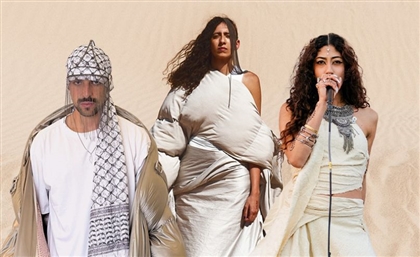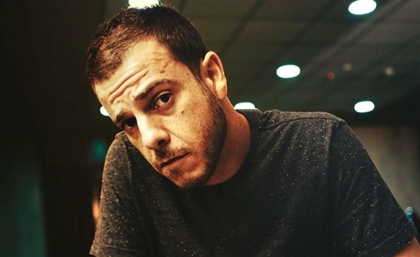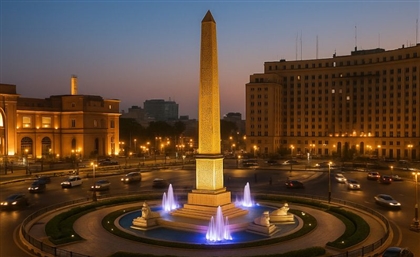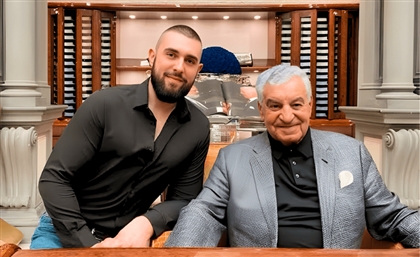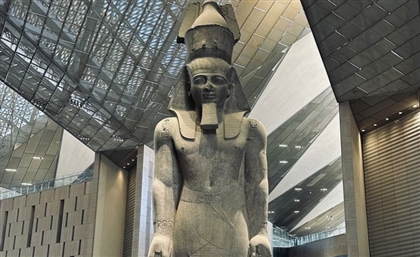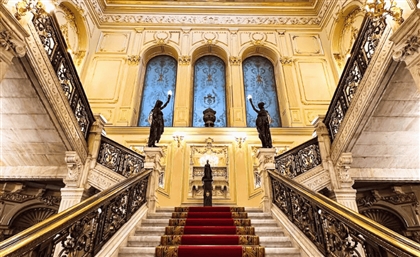WATCH: Poet Mosab Abu Toha on Writing for Palestine
“This was my first time seeing an Israeli soldier,” says Palestinian poet Mosab Abu Toha about his kidnapping by the IOF.

Originally published August 9th, 2024
“Must a Palestinian person be martyred to be heard? Must they be tortured? Beaten? Exiled?” With these questions, our conversation with acclaimed Palestinian and Gazan poet, writer, and essayist begins.
Abu Toha was kidnapped by Israeli occupation forces following the October 7th ‘Toufan Al Aqsa’. On November 20th, his name made headlines worldwide after his family and the global literary community called for his release. His words became a testimony, and his poems a lifeline—both for him personally behind bars and for millions of Gazans in Palestine witnessing the escalated genocide perpetrated by the occupation.
On October 20th, nearly a month before his kidnapping, Abu Toha published an essay in The New Yorker titled ‘The View from My Window in Gaza,’ a vivid, personal account of his life in Gaza post-October 7th. His everyday chores, his books, his family, and the minute details are all described amid the backdrop of war and bombs.
In the viral essay, he writes, “One idea in particular haunts me, and I cannot push it away. Will I, too, become a statistic on the news? I imagine myself dying while hearing my own name on the radio.” Shortly after he becomes a headline.
According to Time, the Israeli Defense Forces confirmed in a statement that a group of civilians, including Abu Toha, were detained for questioning based on purported intelligence suggesting interactions between several civilians and terror organizations within the Gaza Strip. The IDF's statement indicated that Abu Toha was released after the interrogation.
Following his release, he published ‘On Your Knees,’ a reflection on his kidnapping. The title, echoing a phrase he frequently heard, symbolizes for him the enduring and harsh nature of the Palestinian struggle.
A 31-year-old father of three, Abu Toha is a mentor, writer, and poet in both Arabic and English. Born in the Al-Shati refugee camp, he earned his English degree from the Islamic University of Gaza. In 2017, he founded the Edward Said Library in Beit Lahia, the first English-language public library in the area, and opened a second branch in Gaza City in 2019. He taught English at U.N. Relief and Works Agency schools in Gaza until 2019 when he left for the first time to become a visiting scholar at Harvard University.
In 2022, Abu Toha released his debut poetry collection, ‘Things You May Find Hidden in My Ear’, which won several prestigious awards, including the American Book Award and the Palestine Book Award, and was a finalist for the National Book Critics Circle Award.
Since October 7th, Abu Toha has contributed essays and poems to U.S. publications like The New Yorker, The Washington Post, The New York Times Magazine, The Atlantic, and The Nation. He has also regularly shared updates on social media about the destruction of his home, the death of one of his students and the status of his family.
In this #CairoScene interview, filmed during Abu Toha’s first public poetry reading at the American University in Cairo’s Culture Fest, arts and culture editor Farah Desouky talks with Abu Toha about his writing style—short, sharp, and defiant—his journey from Gaza to Cairo, and his desire to reach global platforms with a language that is both accessible and focused on Palestinian struggle and personhood.
- Previous Article Italian-Palestinian Duo No Input Debuts Eponymous Electro EP
- Next Article A Century of Hospitality: Discover Egypt's Historical Hotels







.jpeg)
